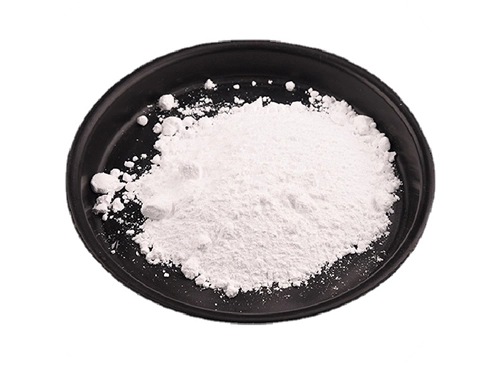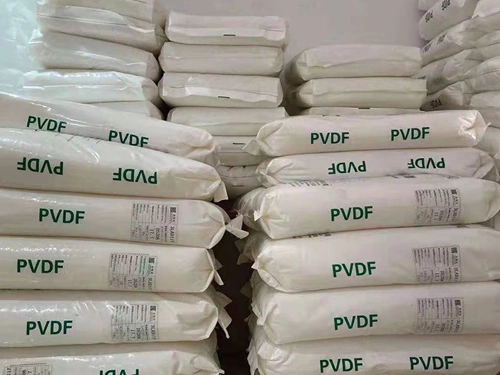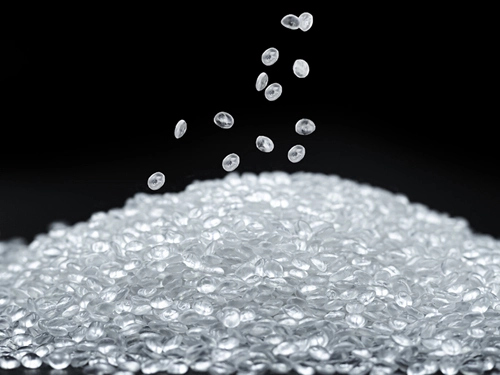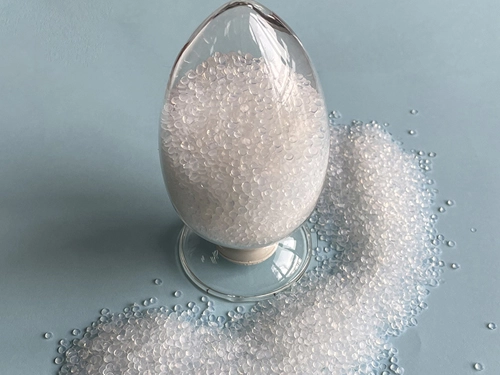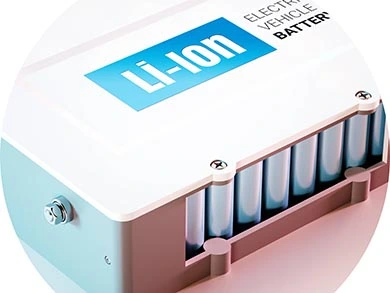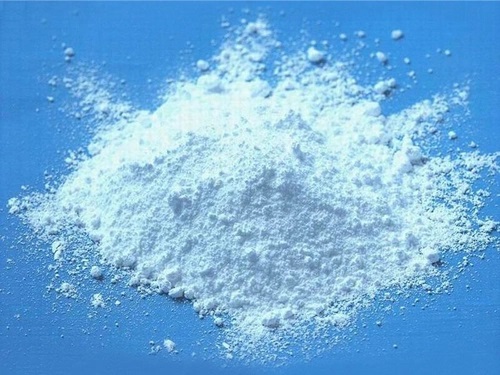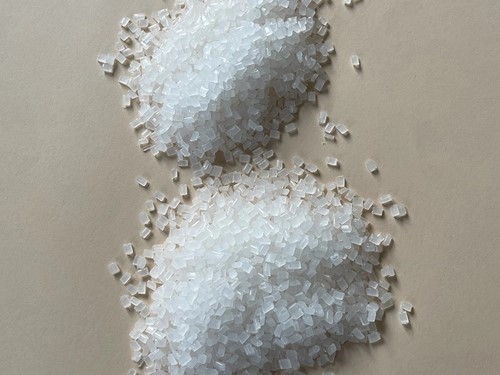Fluoropolymers are a class of high-performance plastics that contain fluorine atoms. They are widely used in the wire and cable industry due to their exceptional properties, which include high thermal stability, chemical resistance, low friction, and excellent electrical insulation. Here are some key aspects of fluoropolymer use in the wire and cable industry:
Key Properties
1. Thermal Stability: Fluoropolymers can withstand high temperatures, often up to 200°C or higher, making them suitable for applications that require high-temperature performance.
2. Chemical Resistance: These materials are highly resistant to a wide range of chemicals, including acids, bases, and solvents, which makes them ideal for harsh environments.
3. Electrical Insulation: Many types of fluoropolymers have excellent dielectric properties, making them suitable for insulating electrical wires and cables.
4. Low Friction: The low coefficient of friction of fluoropolymers reduces wear and tear, enhancing the durability of the cables.
5. Non-Flammability: Many fluoropolymers are inherently non-flammable, which is a critical safety feature for many applications.
Common Types of Fluoropolymers Used
1. Polytetrafluoroethylene (PTFE): Known for its high melting point and excellent chemical resistance, PTFE is often used in high-temperature and high-frequency applications.
2. Fluorinated Ethylene Propylene (FEP): FEP, or fluoroethylene propylene, offers similar properties to PTFE but is easier to process. It is commonly used in coaxial cables and other high-frequency applications.
3. Perfluoroalkoxy (PFA): FEP, i.e. fluoroethylene propylene, combines the processing ease of FEP with the high-temperature resistance of PTFE, making it suitable for demanding applications.
4. Ethylene Tetrafluoroethylene (ETFE): Poly ethylene tetrafluoroethylene is known for its mechanical toughness and is often used in applications requiring high mechanical strength and abrasion resistance.
5. Polyvinylidene Fluoride (PVDF): PVDF, such as PVDF pellet, offers a good balance of properties, including chemical resistance, mechanical strength, and ease of processing. It is often used in automotive and aerospace applications.
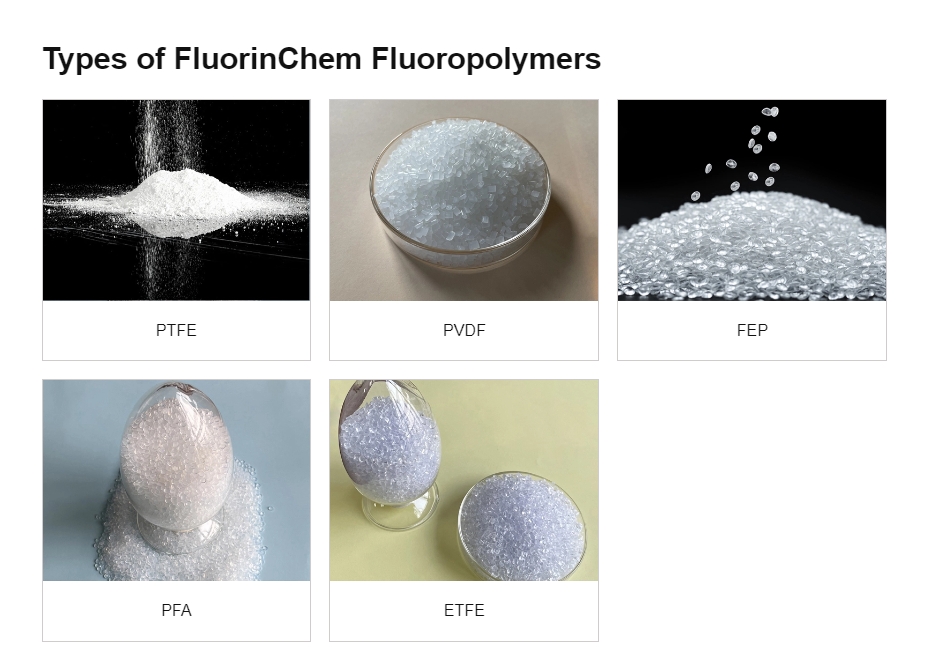
Applications in the Wire & Cable Industry
1. Aerospace and Defense: Fluoropolymer-insulated wires and cables are used in aircraft and military equipment due to their high performance in extreme conditions.
2. Automotive: These materials are used in automotive wiring systems, especially in areas exposed to high temperatures and harsh chemicals.
3. Telecommunications: Fluoropolymers are used in coaxial cables, fiber optic cables, and other high-frequency communication cables due to their excellent dielectric properties.
4. Industrial: In industrial settings, fluoropolymer-insulated cables are used in environments where exposure to chemicals, high temperatures, and mechanical stress is common.
5. Medical: Medical devices often use fluoropolymer-insulated wires due to their biocompatibility and resistance to sterilization processes.
Advantages
1. Longevity: The durability and resistance to environmental factors extend the lifespan of cables.
2. Safety: Non-flammability and chemical resistance enhance safety in critical applications.
3. Performance: High thermal and electrical performance make them suitable for advanced technological applications.
Challenges
1. Cost: Fluoropolymers are generally more expensive than other types of plastics, which can be a limiting factor for some applications.
2. Processing: Some fluoropolymers, like PTFE, are difficult to process and require specialized equipment and techniques.
Conclusion
Fluoropolymers play a crucial role in the wire and cable industry, offering unmatched performance in demanding applications. Their unique properties make them indispensable in sectors where reliability, safety, and high performance are paramount. Despite their higher cost and processing challenges, the benefits they offer often justify their use in critical applications. Leading fluoropolymer manufacturers such as FluorinChem are prepared to provide additional information.




